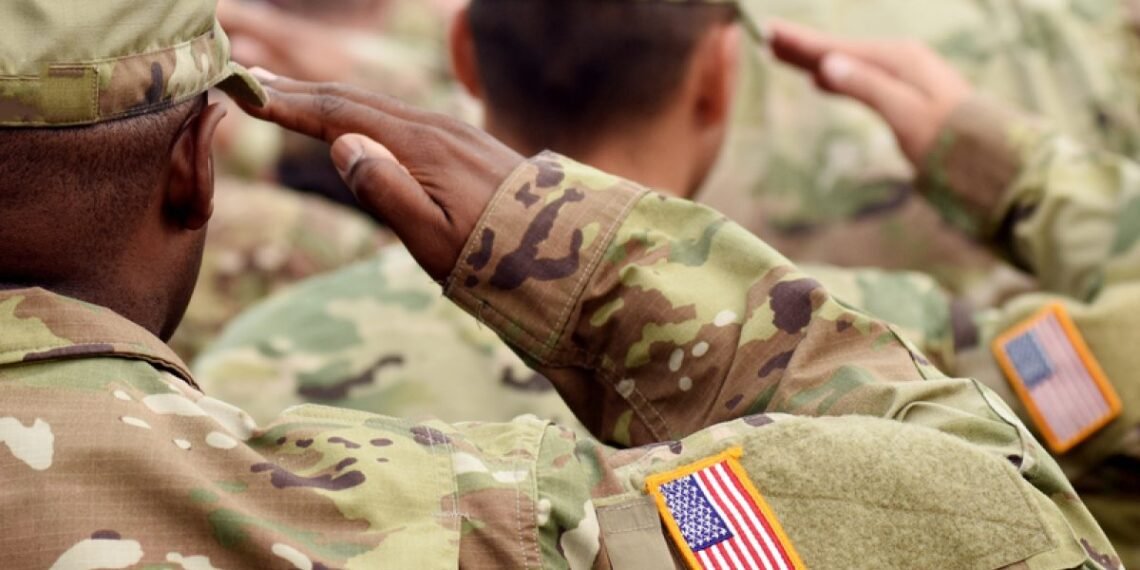The United States military has reportedly submitted contingency plans for potential strikes on Nigeria following President Donald Trump’s directive to prepare for “possible action” over what experts have described as false claims of a Christian genocide.
According to a New York Times report released on Wednesday, the U.S. Africa Command (AFRICOM) has presented three operational strategies, classified as heavy, medium, and light to the Department of War at the request of Secretary Pete Hegseth. The “heavy option,” described as the most aggressive, would involve deploying an aircraft carrier group to the Gulf of Guinea and using long-range bombers or fighter jets to target militant strongholds in northern Nigeria.
The “medium option” suggests drone strikes on alleged extremist bases, convoys, and vehicles, while the “light option” proposes working alongside Nigerian forces to identify and dismantle insurgent networks such as Boko Haram and ISWAP. Military officials told the Times that the central goal is to “protect Christian populations” and “end years of Islamist violence” in the country.
The plans follow Trump’s remarks last week in which he accused President Bola Tinubu’s government of allowing the “mass slaughter” of Christians, labeling Nigeria a Country of Particular Concern (CPC) and ordering an immediate suspension of arms sales and technical support. “Christianity is facing an existential threat in Nigeria,” Trump said, warning that U.S. intervention would be “fast, vicious, and sweet.”
Read also:
- Femi Falana blasts Donald Trump over ‘False’ claims of Christian killings in Nigeria
- 11 people killed in blaze at Bosnian retirement home
- 66 dead as typhoon wreaks havoc in the Philippines
While the Nigerian government has repeatedly denied Trump’s claims, analysts warn that the rhetoric could inflame diplomatic tensions and destabilize regional security. Experts have pointed out that violence in northern and central Nigeria is driven by a mix of ethnic, economic, and ideological conflicts, affecting both Muslims and Christians.
Security specialists also note that U.S. military engagement in Nigeria would face major logistical and strategic challenges. The “heavy option” would require deploying a carrier group to West Africa, but the U.S. Navy is already stretched thin, with limited carrier availability and several deployments ongoing in the Pacific, Middle East, and southern Caribbean. The “medium option” faces operational hurdles following Washington’s withdrawal from drone bases in Niger, now under Russian control.
A retired American general, Paul Eaton, told the New York Times that a full-scale campaign in Nigeria would be “a fiasco,” warning that such action would “create shock and confusion rather than bring stability.”
The “light option” faces its own complications, as Trump’s administration earlier this year dissolved the U.S. Agency for International Development (USAID) office in Abuja, cutting off one of Washington’s main development and security coordination channels in West Africa.
Meanwhile, critics have accused Trump of weaponizing religion for political gain, arguing that his claims of a “Christian genocide” misrepresent Nigeria’s complex security crisis. Both Christian and Muslim communities across the country have suffered repeated attacks by insurgents, bandits, and armed herders.
With AFRICOM’s contingency plans now under review, international observers warn that any U.S. military action against Nigeria could ignite regional instability, disrupt counterterrorism efforts in the Sahel, and worsen the humanitarian situation in Africa’s most populous nation.






